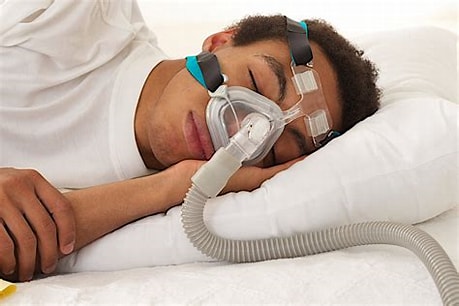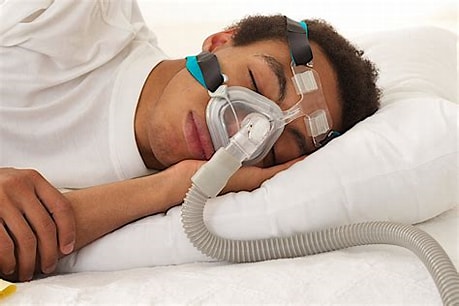
Sleep apnea, a common yet often overlooked sleep disorder, has been linked to a variety of health issues, including cardiovascular diseases and strokes. Recent studies now suggest that obstructive sleep apnea (OSA) may also increase the risk of developing Parkinson’s disease, a progressive neurological disorder that affects movement and coordination.
What is Sleep Apnea?
Obstructive sleep apnea occurs when the throat muscles relax excessively during sleep, temporarily blocking the airway. This leads to repeated interruptions in breathing, causing fragmented sleep and reduced oxygen levels in the brain. Common symptoms include loud snoring, gasping for air during sleep, and persistent daytime fatigue.
The Connection to Parkinson’s Disease
Emerging research has highlighted a potential link between sleep apnea and Parkinson’s disease. A large-scale study involving over 20 years of medical records found that individuals with sleep apnea had a slightly higher incidence of Parkinson’s compared to those without the condition. Specifically, there were 1.8 more cases of Parkinson’s per 1,000 people with sleep apnea.
The disrupted sleep and lower oxygen levels associated with sleep apnea may contribute to brain health deterioration, potentially increasing the risk of neurological disorders like Parkinson’s.
The Role of CPAP Therapy
Continuous positive airway pressure (CPAP) therapy, a standard treatment for sleep apnea, has shown promise in mitigating this risk. CPAP machines deliver pressurized air through a mask, keeping the airway open and ensuring uninterrupted breathing during sleep. Studies indicate that individuals who began CPAP therapy within two years of their sleep apnea diagnosis had a lower risk of developing Parkinson’s compared to those who delayed or did not use the treatment.
Implications and Future Research
While the findings are preliminary, they underscore the importance of early diagnosis and treatment of sleep apnea. By addressing the condition promptly, individuals may not only improve their sleep quality but also potentially reduce their risk of developing Parkinson’s disease.
Further research is needed to explore the mechanisms underlying this connection and confirm CPAP therapy’s protective effects. Individuals experiencing sleep apnea symptoms are encouraged to seek medical advice and consider treatment options.
Sleep apnea is more than just a snoring problem—it’s a serious health condition with far-reaching implications. Taking proactive steps to manage it could significantly improve overall health and well-being.




